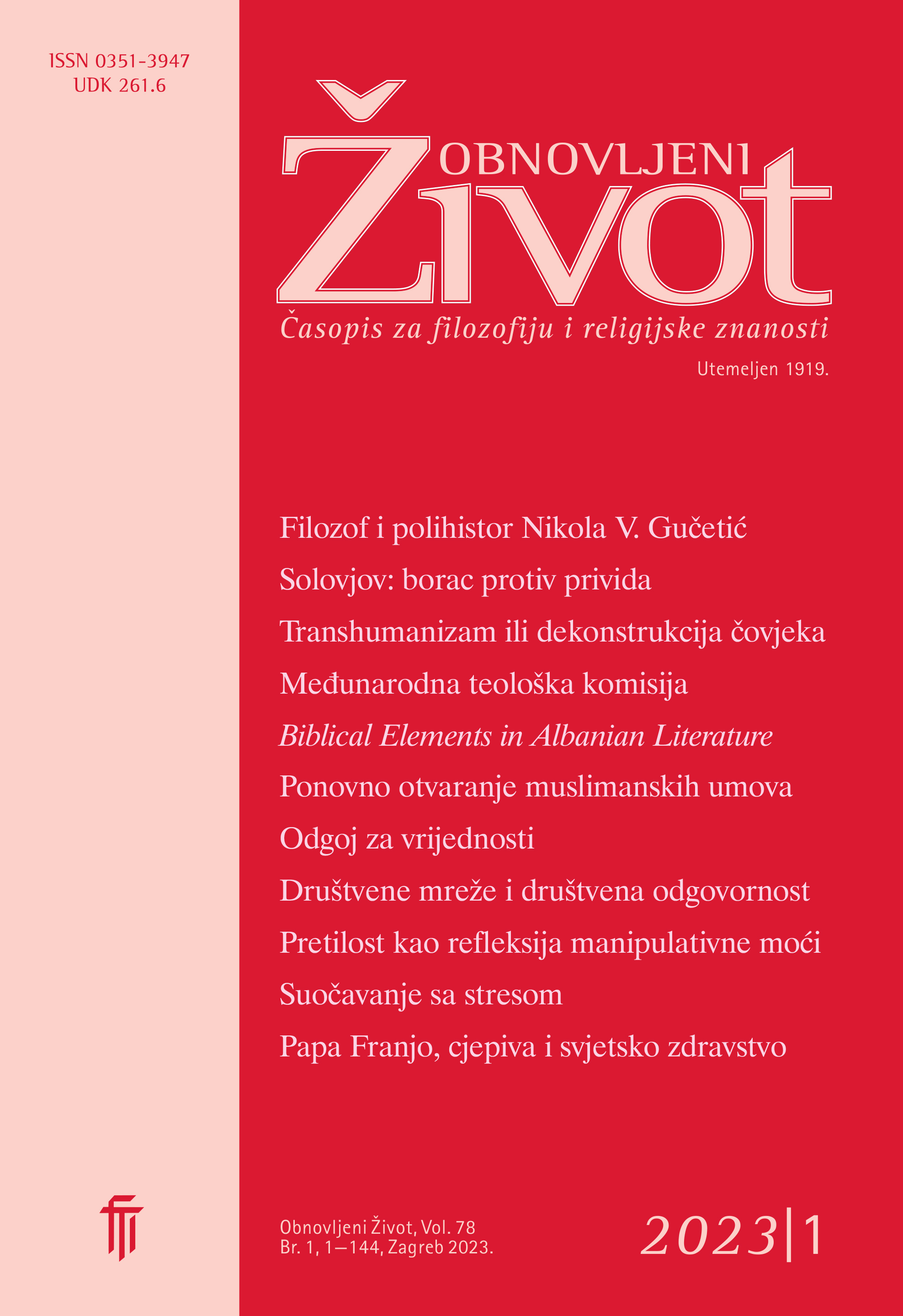Childhood Obesity as a Reflection of the Manipulative Power of the Media
Keywords:
ethical questionability, quality, manipulation, marketing, media, advertising, obesityAbstract
Obesity in children is a major public health and educational issue the cause of which lies in the reduction in the number of children’s physical activities and in their exposure to media and advertising messages. An analysis of the available literature indicates the poor structure of children’s meals, bad eating habits and the consumption of foods chosen under the influence of media advertising messages and placards. Children are big “consumers” and are therefore also, inevitably, consumers of marketing activities. For this reason they are becoming an increasingly dominant media target group. In choosing certain food items that are recommended daily on media portals and websites, children have been recognized as a population group subject to media manipulation. The literature analyzed points to media tools that implement (ethically and aesthetically) very questionable forms of ad placement, especially in regard to recommendations of foodstuffs intended for the younger population. The term “healthy diet” sometimes has the manipulative power to promote products of questionable quality by means of hidden messages about health and happiness.
Downloads
Published
Issue
Section
License
Jednom prihvaćeni članak obvezuje autora da ga ne smije objaviti drugdje bez dozvole uredništva, a i tada samo uz bilješku da je objavljen prvi put u Obnovljenom životu. Uredništvo će obavijestiti autora o prihvaćanju ili neprihvaćanju članka za objavljivanje.
Članci objavljeni u časopisu se, uz prikladno navođenje izvora, smiju besplatno koristiti u obrazovne i druge nekomercijalne svrhe.


